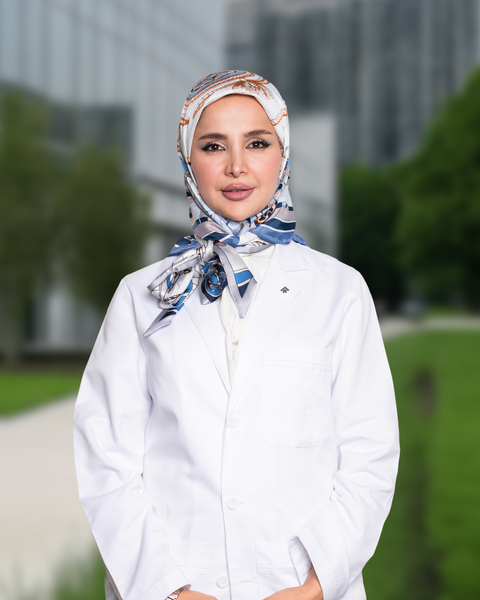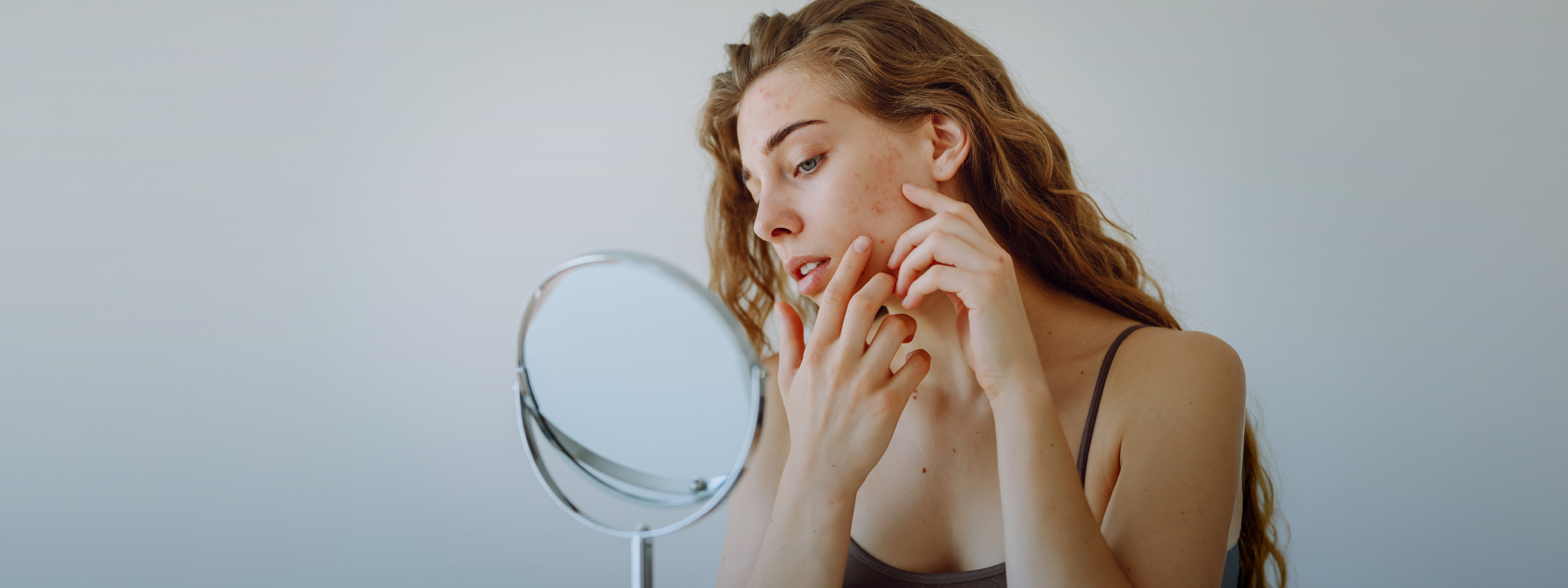At HealthHub Clinics in Dubai, we offer a comprehensive range of acne treatments tailored to individual needs. Our dermatologists evaluate each case carefully to design personalized treatment plans aimed at clearing existing acne, preventing new breakouts, and improving overall skin health.
- Medication
Medication remains the cornerstone of acne treatment. HealthHub dermatologists may prescribe topical or oral medications depending on the type and severity of acne:
- Topical treatments: These include creams, gels, or lotions applied directly to the skin. Common options are:
- Topical retinoids: Help unclog pores and prevent the formation of new lesions.
- Benzoyl peroxide: Reduces bacteria and excess oil.
- Topical antibiotics: Control inflammation and bacterial growth.
- Azelaic acid: Offers antibacterial and anti-inflammatory properties.
- Oral medications: These are prescribed for more severe or persistent acne:
- Oral antibiotics: Used short-term to reduce bacteria and inflammation.
- Hormonal therapy: Especially effective in women with hormone-related acne.
- Isotretinoin: A powerful treatment for severe or cystic acne, administered under close medical supervision.
A combination of topical and oral treatments is often recommended for optimal results. HealthHub specialists guide patients through usage, expected outcomes, and potential side effects.
- Exosome Therapy
Exosome therapy is a cutting-edge, non-invasive treatment offered at HealthHub Clinics. Exosomes are microscopic vesicles that carry proteins, lipids, and genetic material from stem cells. They support cellular communication and regeneration.
In acne treatment, exosome therapy works by:
- Reducing inflammation: Exosomes help calm irritated skin and reduce the redness and swelling associated with acne.
- Promoting skin healing: They accelerate tissue repair, leading to quicker recovery from breakouts.
- Balancing sebum production: By supporting healthier skin function, exosomes help regulate oil levels.
Exosome therapy is typically administered in conjunction with micro-needling or other dermatological procedures to enhance absorption and effectiveness. This treatment is ideal for individuals seeking a natural, regenerative approach to acne management.
- Chemical Acne Peels
Chemical peels are professional exfoliation treatments that help treat acne by removing dead skin cells, unclogging pores, and reducing oil production. At HealthHub, we offer specialized acne peels using:
- Salicylic acid: Penetrates oil glands and deeply cleans pores.
- Glycolic acid: Exfoliates the skin surface and promotes cell turnover.
Peels are especially effective for:
- Treating mild to moderate acne.
- Reducing the frequency and severity of breakouts.
- Enhancing the effectiveness of other treatments.
Peels are done in a series and require minimal downtime. After treatment, patients may experience mild redness and flaking, followed by a smoother, clearer complexion.
- Hydrafacial
Hydrafacial is a multi-step treatment that deeply cleanses, exfoliates, and hydrates the skin. It gently removes dead skin cells and impurities while infusing the skin with moisturizing serums.
- Best for: Oily, congested skin, and blackheads
- How it helps: Reduces excess sebum, unclogs pores, and improves skin clarity
- Downtime: None; skin may appear slightly flushed post-treatment
- Carbon Laser
Carbon laser treatment is a non-invasive laser procedure that helps clear clogged pores and reduce acne-causing bacteria. A layer of medical-grade carbon is applied to the skin, then targeted with a laser to exfoliate and purify.
- Best for: Oily skin, blackheads, and mild acne
- How it helps: Controls oil, shrinks pores, and smooths skin texture
- Downtime: Minimal to none
 8 years of exp
8 years of exp

 8 years of exp
8 years of exp